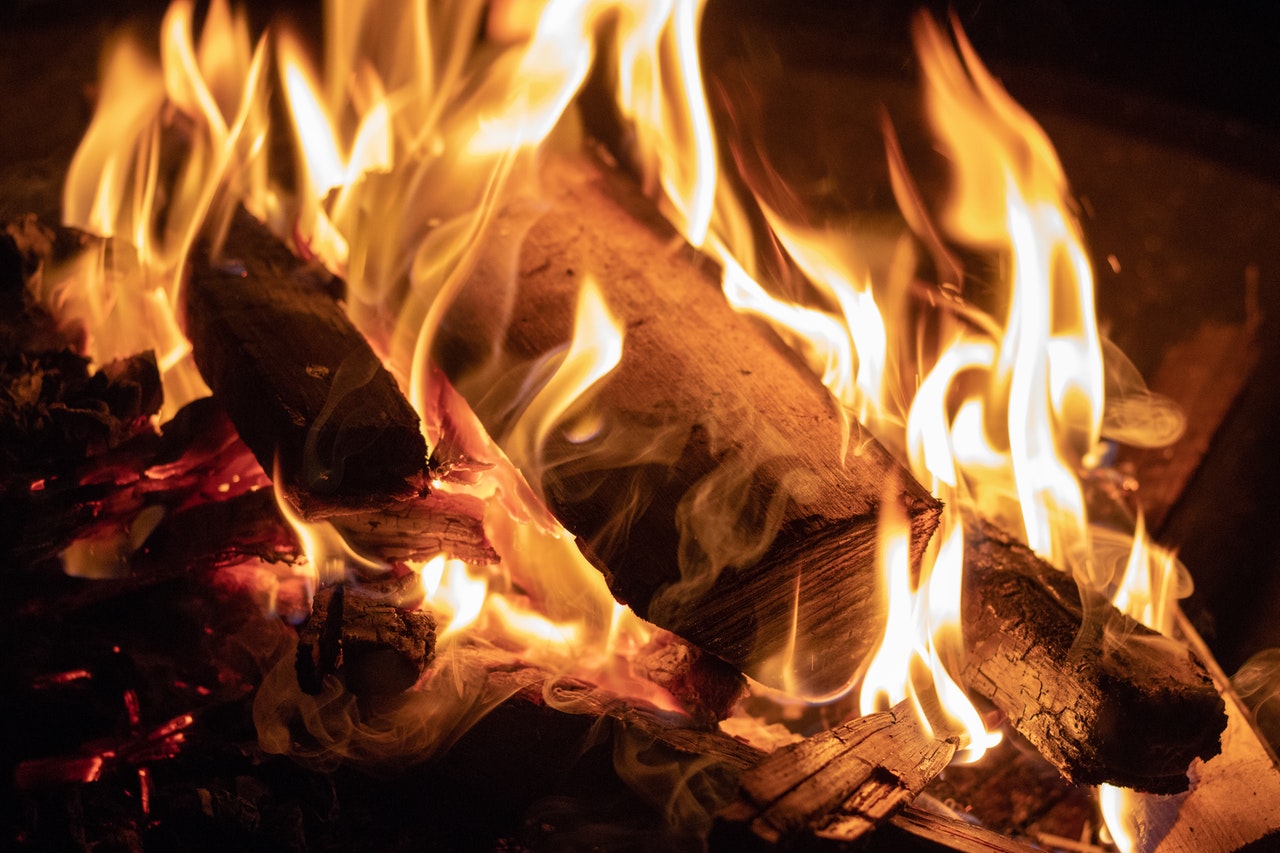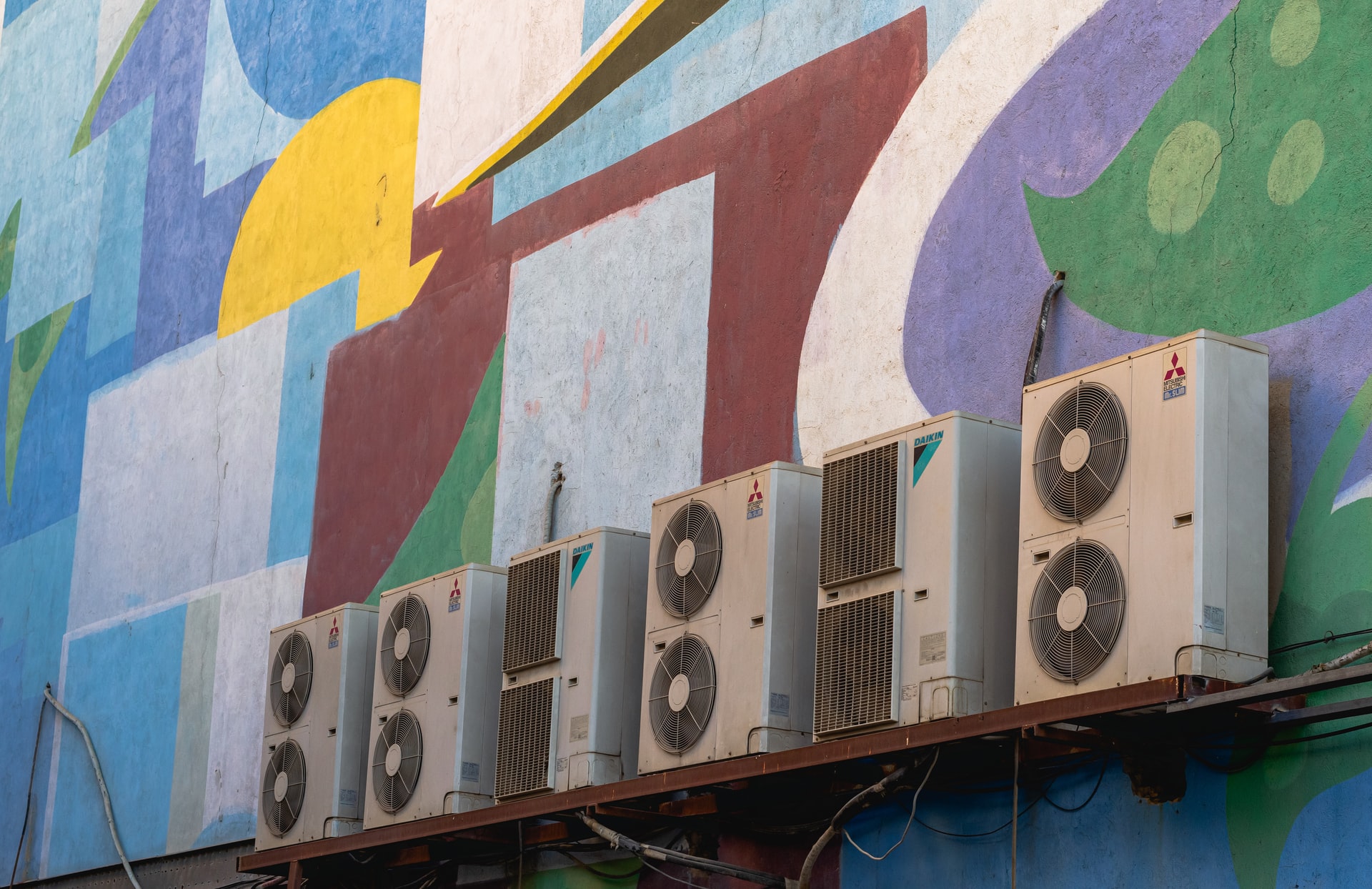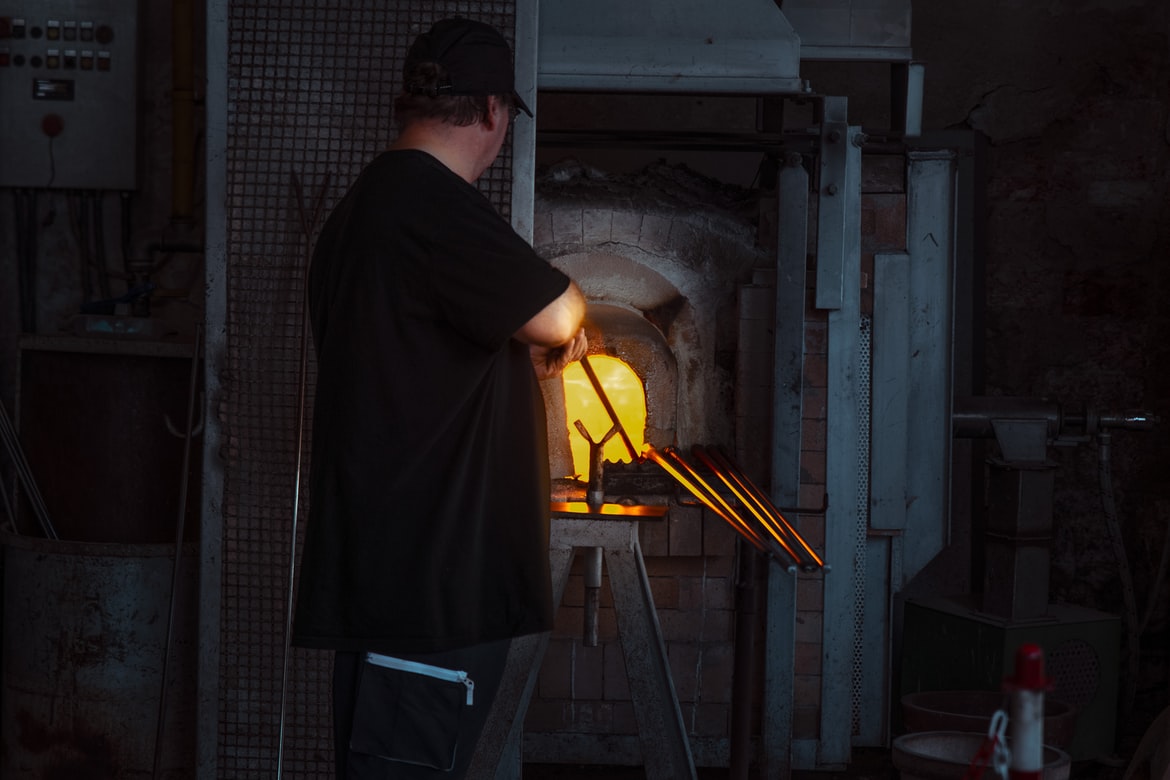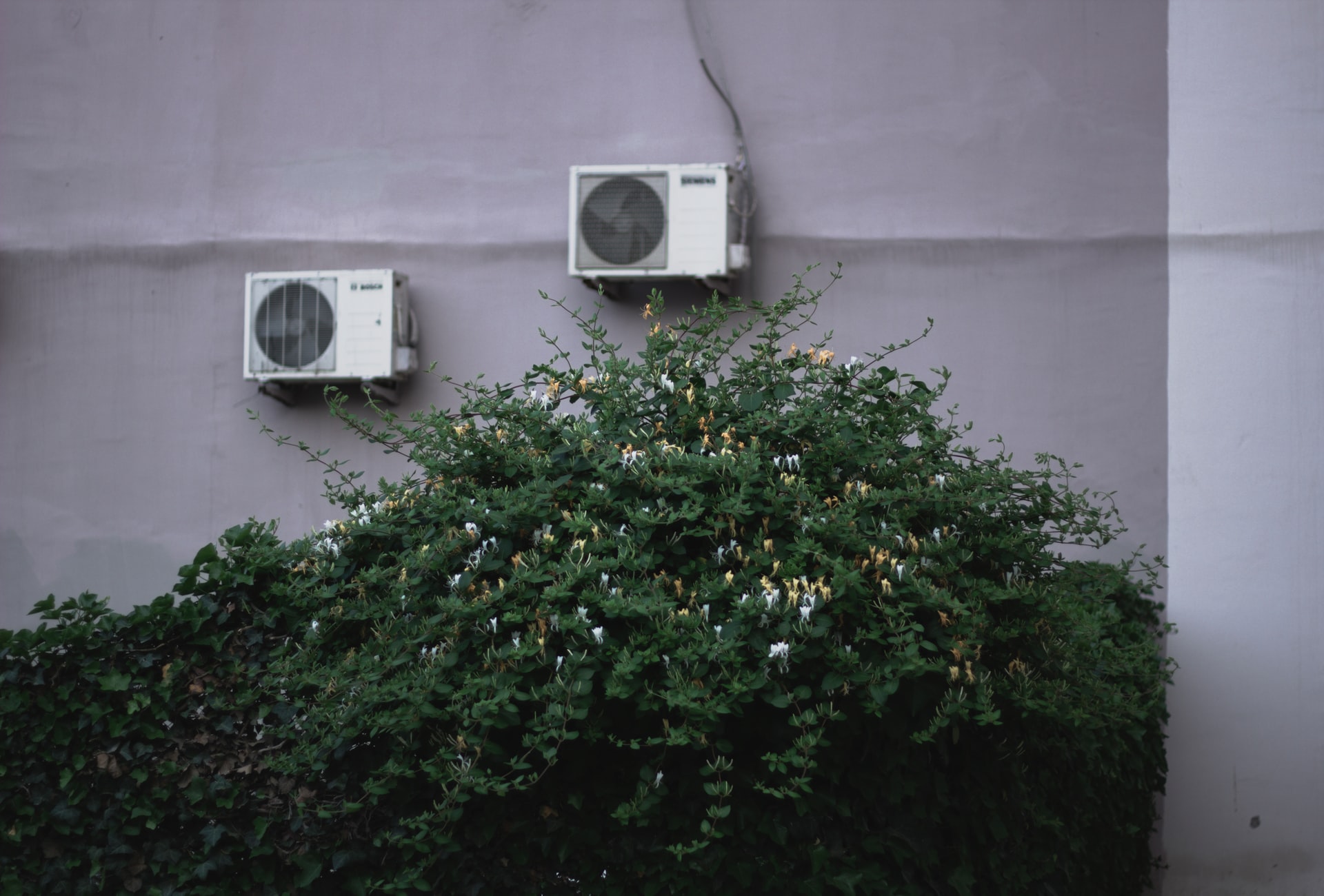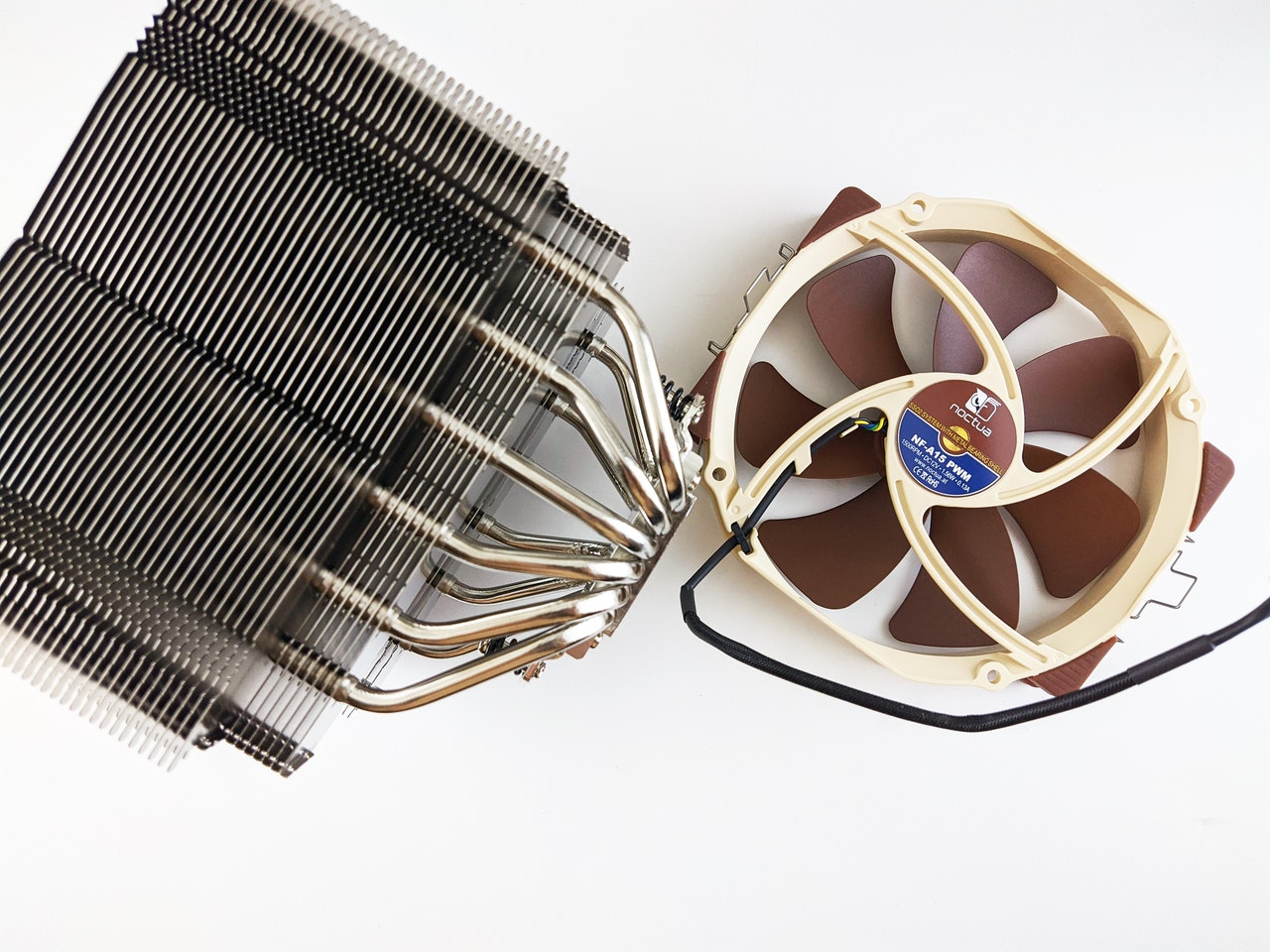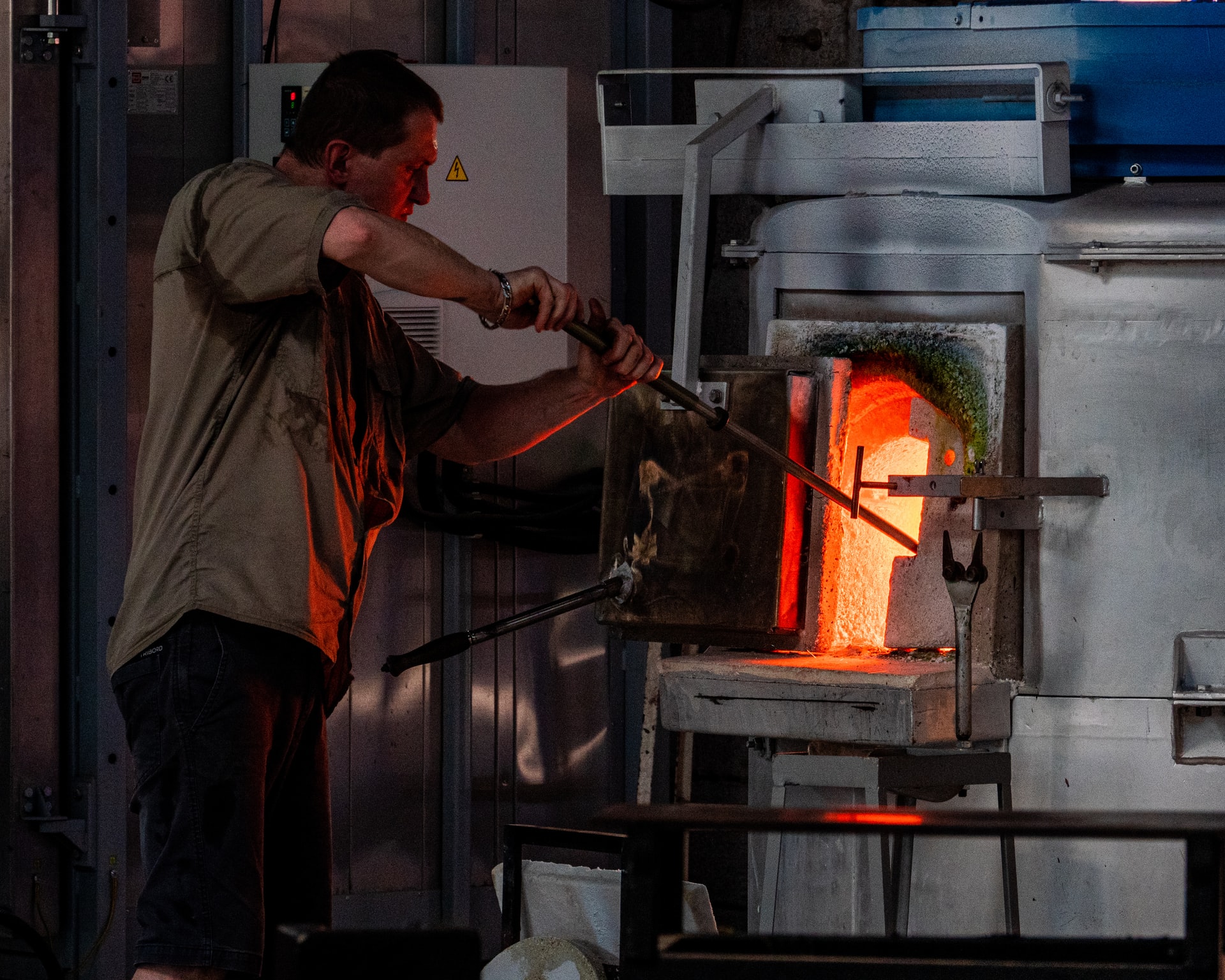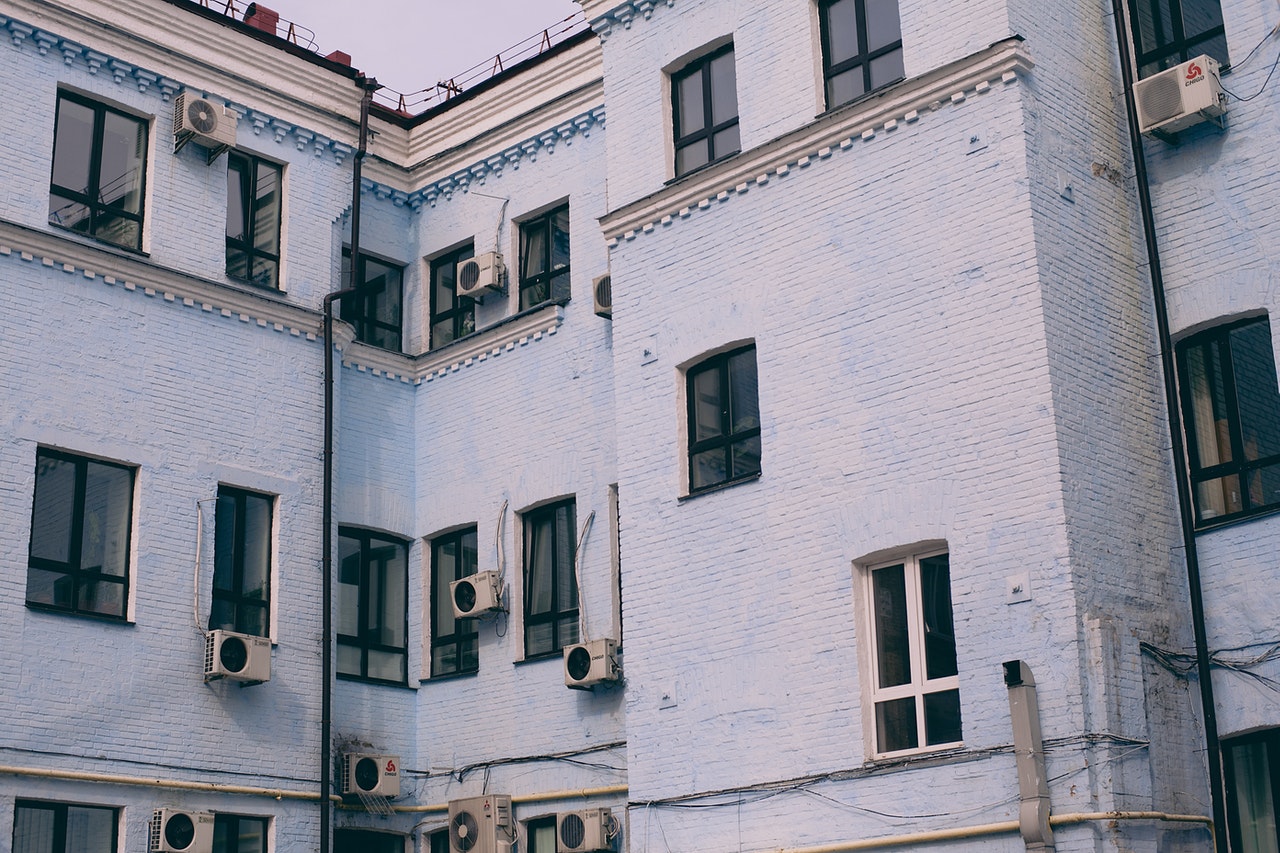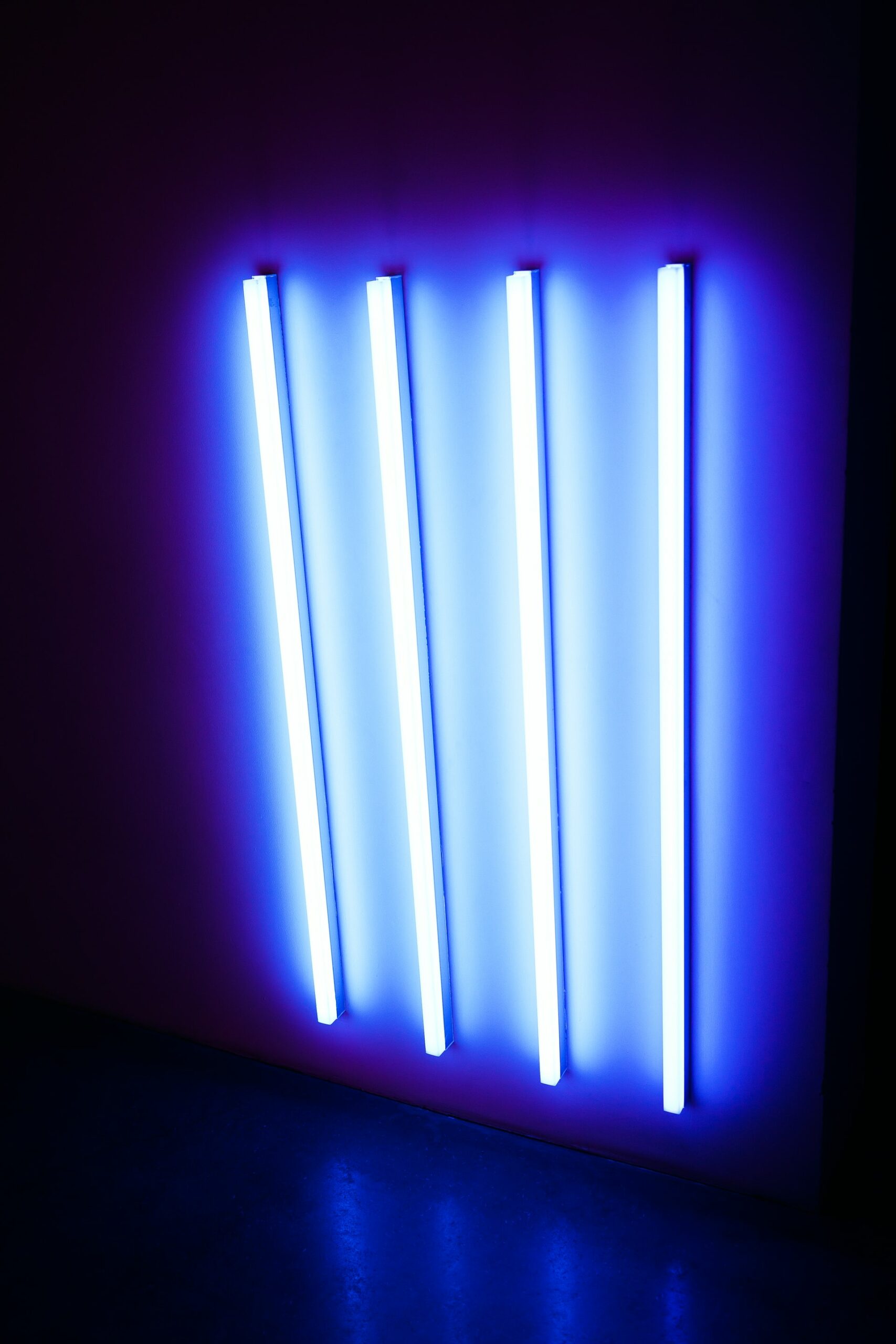
Ultraviolet (UV) light is one of the most powerful and effective killers of aerosolized viruses. There are many ways a virus can spread, whether it be through physical contact with fluids of someone infected or even by touching unclean surfaces.
It can happen anywhere, especially in common public areas that people frequent. If you are a healthcare establishment or a retailer, it is very likely that your surfaces are contaminated by unwanted germs.
UV light has been found as one of the most effective tools to cleanse infected surfaces and people in indoor spaces. Here are some of the most commonly asked questions about UV light and indoor cleansing.
What Is Ultraviolet Light?
Ultraviolet light or UV light is composed of wavelengths at 100 and 400 nanometers. This means it falls just a little way beyond the violet within the visible light spectrum.
There are three regions within the UV system. There is UV-A, measured at around 315 to 200 nanometers; UV-B, measured at 280 to 315 nanometers; and UV-C, measured at 200 to 280 nanometers.
In these three regions, each has its own degree of acceptable human skin contact. To put it plainly, UV-A light feels more like suntanning, while UV-B burns like the sun. The latter can even cause skin lesions or skin cancer.
On the other hand, UV-C is just the right intensity to remove unwanted pathogens. However, do note that it is hazardous to the eye and skin. Most artificial UV light sources use this region for disinfecting.
How Does It Cleanse the Area?
These UV rays are designed to kill pathogens. Because photons made up of around 200 to 300 nanometers are absorbed by your DNA or RNA, most photons below 240 nanometers get absorbed by proteins.
As such, having biomolecules damaged by the absorbed energy effectively cut off any pathogens or prevent infections. This can be triggered by just the right amount of UV light that doesn’t put you at risk but still removes the pathogens.
How and Where Is It Used?
Thanks to technological advancement, there are many UV disinfection devices that you can buy for your establishments or simply for yourself. Hospitals have been using this technology to disinfect operating rooms and patient rooms, and wherever there is possible bacteria growth.
In public transportation, more and more companies are testing UV devices to help cleanse buses, trains, and planes. There are even human-controlled UV machines to clear out any possibly infected areas that humans can’t reach.
But more importantly, UV has been making big strides in interior cleansing. Schools, restaurants, shops, and even some homes can use UV-C lamps overhead and disinfect the air as it circulates.
Is It Safe to Be Near Humans?
Given the regions of UV rays and the intensity in which it affects human skin, there are debates about whether UV-C, even far UV-Cs, can be used near humans. While there are still some health risks involved, it is very effective in cutting off virus transmissions.
Specifically, the amount of time you can be exposed to the UV rays should be explored further to create effective UV devices that can withstand long hours.
Conclusion
If you are considering a full, easy way of decontaminating your interiors from harmful pathogens, then it might be time to invest in UV disinfection devices. They are very effective in removing pathogens.
If you are in need of heating and cooling repair in Alabaster, AL, you can consult Mainline Heating and Air. We provide quality repair services, including the installation of UV lights in your home for disinfection. Contact us today!

